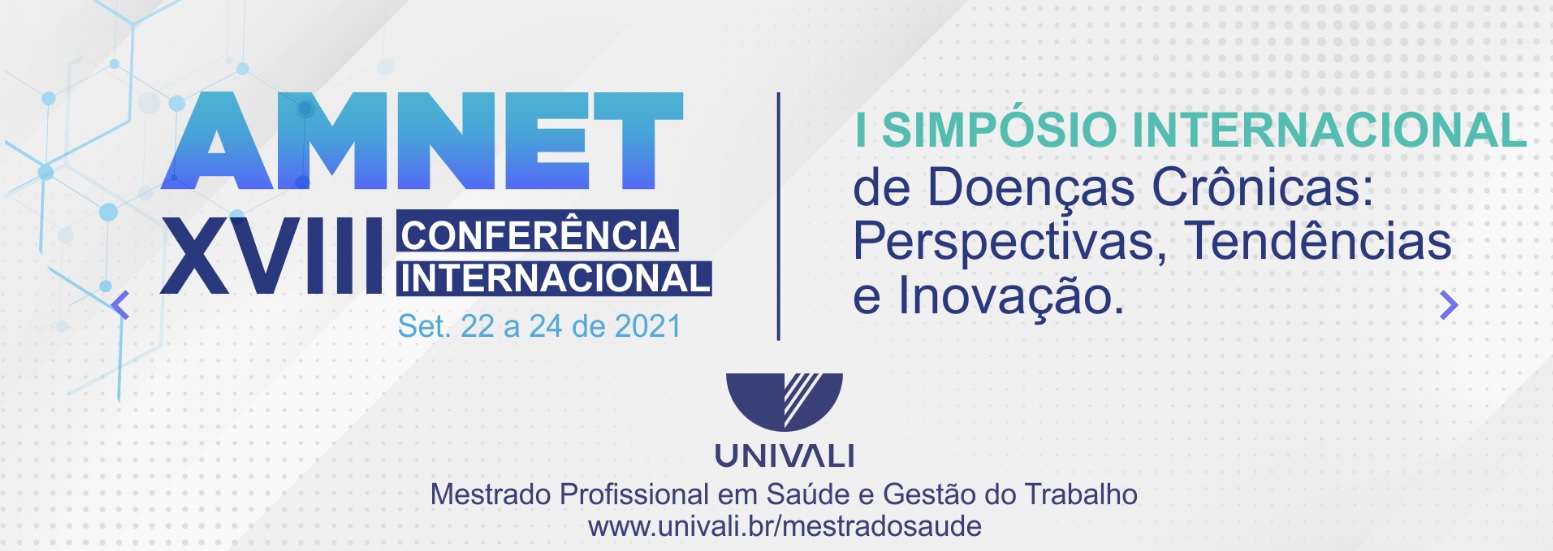

Introduction: Type 2 diabetes mellitus (DM2) is one of the fastest growing public health problems in developed and developing countries and imposes a large financial burden on health-care systems. Providing optimal care for DM2 patients remains a challenge for all healthcare systems and providers. Patients often encounter various barriers in adhering to self-management programs due to lack of knowledge and understanding of self-care activities, lack of individualized and coordinated care, inconvenient and costly education sessions, and poor patient-provider communication. Mobile technologies such as cell phones/smartphones, handheld tablets, and other wireless devices known as mHealth, offer new and exciting opportunities for addressing some of these challenges by enabling remote patient monitoring and delivery of clinical advice through a wide range of functions (e.g., text messaging, web browsing, email, and videos). Objective: To compare a diabetes management strategy using an information board and a mobile application versus standard care in patients with uncontrolled type 2 diabetes. Method: The SANENT trial is a primary care-based, prospective, two-arm, randomized controlled, open-label, blinded-endpoint study. This trial will be conducted within primary health care practices in three states (Colima, Tlaxcala y Guanajuato) of Mexico. This trial aims to recruit 1440 DM2 patients during a period of six months until the requested number of participants have been achieved. The total length of the intervention will be one year. Both men and women treated for type 2 diabetes with an HbA1C>8.5%, ≥20 years-of-age are eligible to participate in the study. Eligible patients need to be signed up for diabetes treatment and control in one of the participating primary healthcare practices. Participants need to have access to a mobile phone or, alternatively, have a family member who will help them in sending, understanding, and retrieving messages and information provided in Spanish language through the mobile application. Participants who are pregnant, within 3 months postpartum or planning pregnancy during the trial; are breastfeeding; have a serious medical condition that, in the opinion of the investigator, makes them ineligible (i.e., dialysis treatment); have been admitted to hospital within the last 3 months for hyperglycemia or hypoglycemia; are not permanent residents of the states the study is conducted, are not eligible to participate in the study. TheClincialTrials.gov ID of the SANENT trial is NCT04974333. Results: The primary outcome of the study is improved diabetes control measured by changes in HbA1C in the study participants. HbA1C will be measured at baseline, 3-months, 6-months, 9-months and 12-month follow-up visits in all participants. Discussion: The overall goal of this project is to contribute to the evidence for the use of mobile technology to improve the treatment and regulation of poorly controlled T2D patients living in Mexico. Our proposed project will show how mobile health technology tools can be used in the treatment of patients with uncontrolled DM2 in primary health care in a Latin American population, and particularly how they could help diabetes patients take better care of themselves.
Keywords: Type 2 diabetes. Mobile health technologies. HbA1c. Clinical control. Mobile app.
Funding source: This study is funded by the Philanthropic Global Health Partnership, Eli Lilly and Company






Considerando o rápido crescimento das Doenças Crônicas não Transmissíveis no Brasil e no mundo aliada a pandemia da COVID-19, o Mestrado Profissional em Saúde e Gestão do Trabalho (Univali) em parceria com a Rede de Vigilância em Doenças Crônicas das Américas - AMNET (AMERICAS’ NETWORK FOR CHRONIC DISEASE SURVEILLANCE) e apoio da Universidade Pontifícia Católica do Rio Grande do Sul, Universidade Internacional da Flórida (EUA), Universidade de Antioquia (Colômbia) e pela Universidade Mar del Plata (Argentina) promoveram o I SIMPÓSIO DE DOENÇAS CRÔNICAS: perspectivas, tendências e inovação & XVIII CONFERÊNCIA INTERNACIONAL DA REDE AMNET, o qual foi realizado nos dias 22, 23 e 24 de setembro de 2021, gratuitamente e de modo virtual. Foram momentos de socialização em experiências de ensino, pesquisa e inovação, nas dimensões epidemiológica e social, com a integração interinstitucional de caráter nacional e internacional, para o desenvolvimento de ações com vistas a redução da morbimortalidade das principais doenças crônicas.

